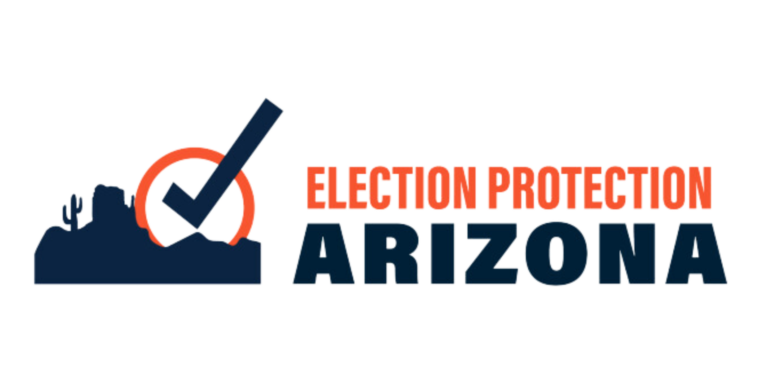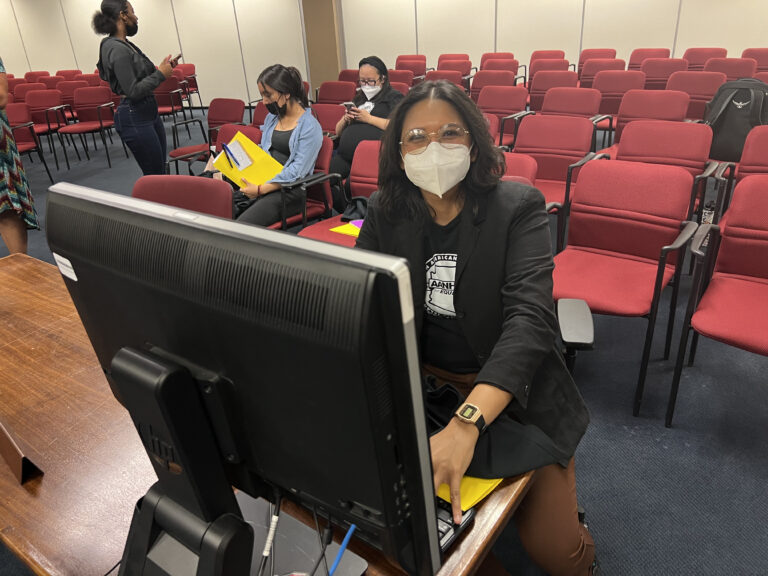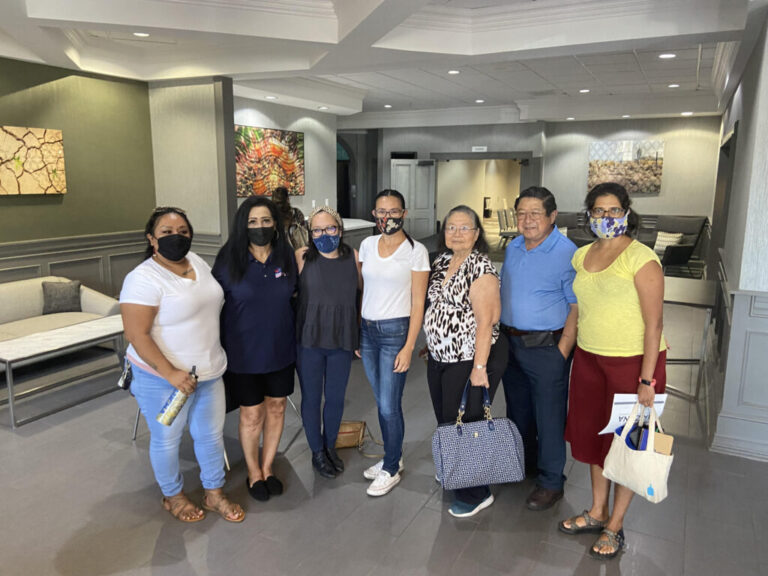Civic Engagement
2024 election resources
Let’s register to vote and make a difference!
Voter Checklist
KEY ISSUES
Protect our Democracy
PROTECT LGBTQ+ RIGHTS
MORE REPRESENTATION
BETTER PUBLIC EDUCATION
PROTECT OUR ENVIRONMENT
PREVENT HOMELESSNESS
MORE REPRESENTATION
PREVENT HOMELESSNESS
Volunteer to Protect Our Elections

Sign up to be an EPAZ volunteer at https://bit.ly/AANHPI_EP2024 (case sensitive).
Election Protection Training Schedule
6pm-7pm on Wednesday, 9/11/2024
6pm-7pm on Tuesday, 9/17/2024
6pm-7pm on Wednesday, 9/25/2024
6pm-7pm on Wednesday, 10/2/2024
1pm – 2pm on Saturday, 10/5/2024
6pm-7pm on Wednesday, 10/9/2024
1pm – 2pm on Saturday, 10/12/2024
6pm-7pm on Wednesday, 10/16/2024
1pm – 2pm on Saturday, 10/19/2024
6pm-7pm on Wednesday, 10/23/2024
1pm – 2pm on Saturday, 10/26/2024
To sign up for a training:
1. Fill out the form with your information and an AZ zip code
2. Once you submit the form, you will receive an email from “devops+colab-kube-productionv1@colab.coop via amazonses.com” with “Log in to protectthevote.net” as the Subject
3. Click the link to the portal to set up an account and select a training!



INDEPENDENT REDISTRICTING COMMISSION
PUBLIC HEARING
The Arizona Independent Redistricting Commission (IRC) invited residents to participate in its first round of statewide public hearings from July 23 to August 9, 2021. AZ AANHPI for Equity participated in one of the public hearings in Tucson.
From left: Faith Ramon (LUCHA), Sandy Ochoa (Mi Famila Vota), Jennifer Chau, LAN Hoang, Dorothy Lew, Lewis Lew, Priya Sundareshan (AZ AANHPI for Equity)
INDEPENDENT REDISTRICTING COMMISSION
PUBLIC HEARING
The Arizona Independent Redistricting Commission (IRC) invited residents to participate in its first round of statewide public hearings from July 23 to August 9, 2021. AZ AANHPI for Equity participated in one of the public hearings in Tucson.
From left: Faith Ramon (LUCHA), Sandy Ochoa (Mi Famila Vota), Jennifer Chau, LAN Hoang, Dorothy Lew, Lewis Lew, Priya Sundareshan (AZ AANHPI for Equity)
